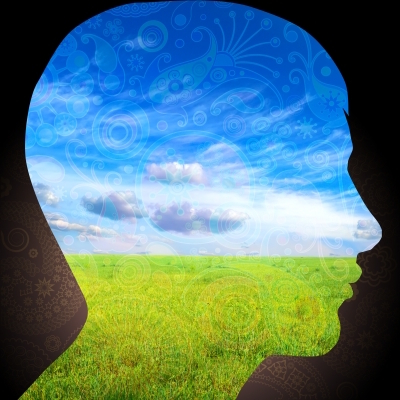When your mind changes, the world changes.
When I pass through Bold St I sometimes see a young man sleeping outside Halifax or the old Waterstones with a can of HCC Black Pear Cider in his hand. I see others along the way hunched over themselves or curled into sleeping bags on cardboard mattresses with dogs by their side. Though we exist together in the same world, their world is not mine.
In a previous draft I tried to articulate the world Loy refers to as my subjective world within the objective world but I felt that I couldn’t draw the line between subjective and objective because I wasn’t sure if that line even existed, or, if it does, where that line is drawn. When my mind changes what world changes? In Identity of Relative and Absolute we chant ‘each and all, the subjective and objective spheres are related, and at the same time, independent.’ What is my world? What is yours?
I’ve learnt through the years that changing something as intangible as the mind isn’t as straightforward as it sounds. To know by measurement whether change has even occurred with some accuracy is equally difficult. The measure I’ve used for as long as I can remember is feeling. If I feel better than I did before then things must be changing for the better, or vice versa, which is a deluded way to think but think it I do.
To change the world implies something seismic like campaigning for an end to institutional discrimination, an end to oppression, or the discovery of a cure for chronic disease. However I don’t think this is the only change or world Loy refers to. In his commentary on Dogen’s Shoji and Zenki, Sojun Mel Weitsman says that ‘each one of us is at the exact place where time and space meet.’ This implies that I’m also a central point of the universe which makes me a world unto myself where my thoughts and actions influence that world.
When we respond to the world differently, the world responds differently to us.
I often confuse myself trying to make head or tail of life. I try in work because I share that common desire for my shift not to drag and there have been days when, to my astonishment, time has flown. I seek the first cause of that flow to ensure each day in work is pleasant but I see it’s impossible because there is no first cause. Those days came through interdependent conditions. Maybe it was the sunshine. Maybe I felt energised from a conversation I had with a supervisor the day before. Even if I could identify some of the conditions I wouldn’t be able to duplicate the totality of that day. The day has died and cannot be revived. Here comes a new day. Dogen says in Tenzo Kyokun that ‘we turn things even while simultaneously we are being turned by them.’

